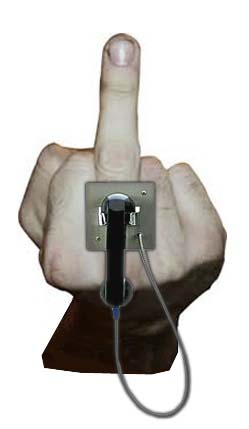 Some see de-institutionalization as prison reform’s black hole. We neither think about nor understand it much, until we see how much it can swallow.
Some see de-institutionalization as prison reform’s black hole. We neither think about nor understand it much, until we see how much it can swallow.
Yet redirecting, rather than just recycling, offenders begins and ends with the most common form of second chance behavioral therapy of all: showing individuals the potential in themselves they can’t yet see. I’m certainly a product of it, and there are countless other second chance cases even more deserving of the right mentor than I was.
In such an inexcusably crowded prison system as California’s, wringing Yard life from offenders can devour solar systems of resources, and profoundly institutionalized individuals are difficult people to be around on a good day. So for both plucky and grizzled corrections professionals working with offenders and parolees, resolve and past re-entry successes are crucial. So, too, are faith and funding – or at least the delivery of funds previously promised. Read more



